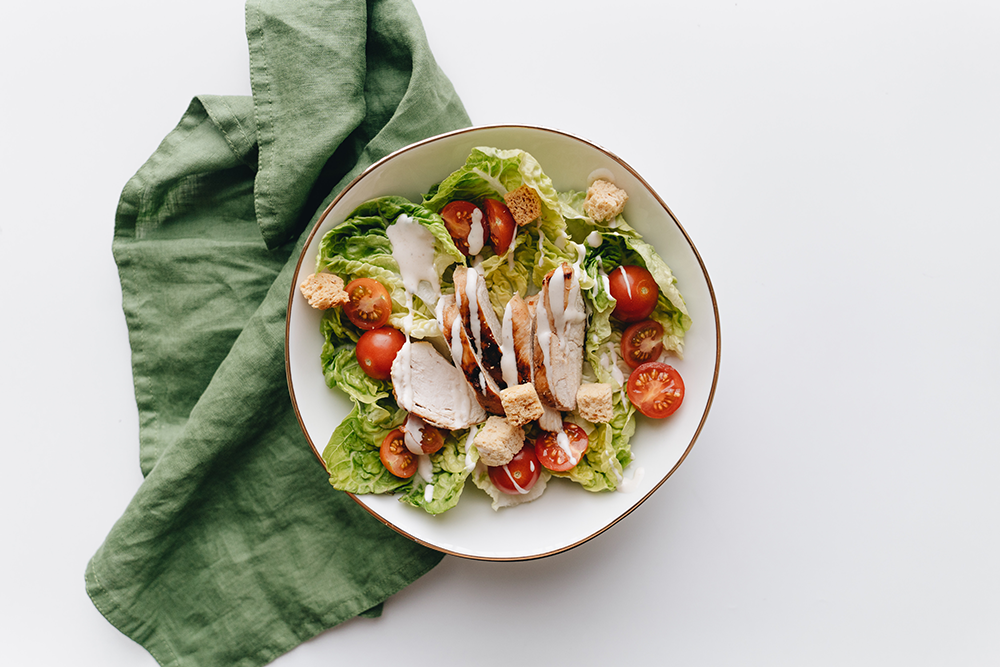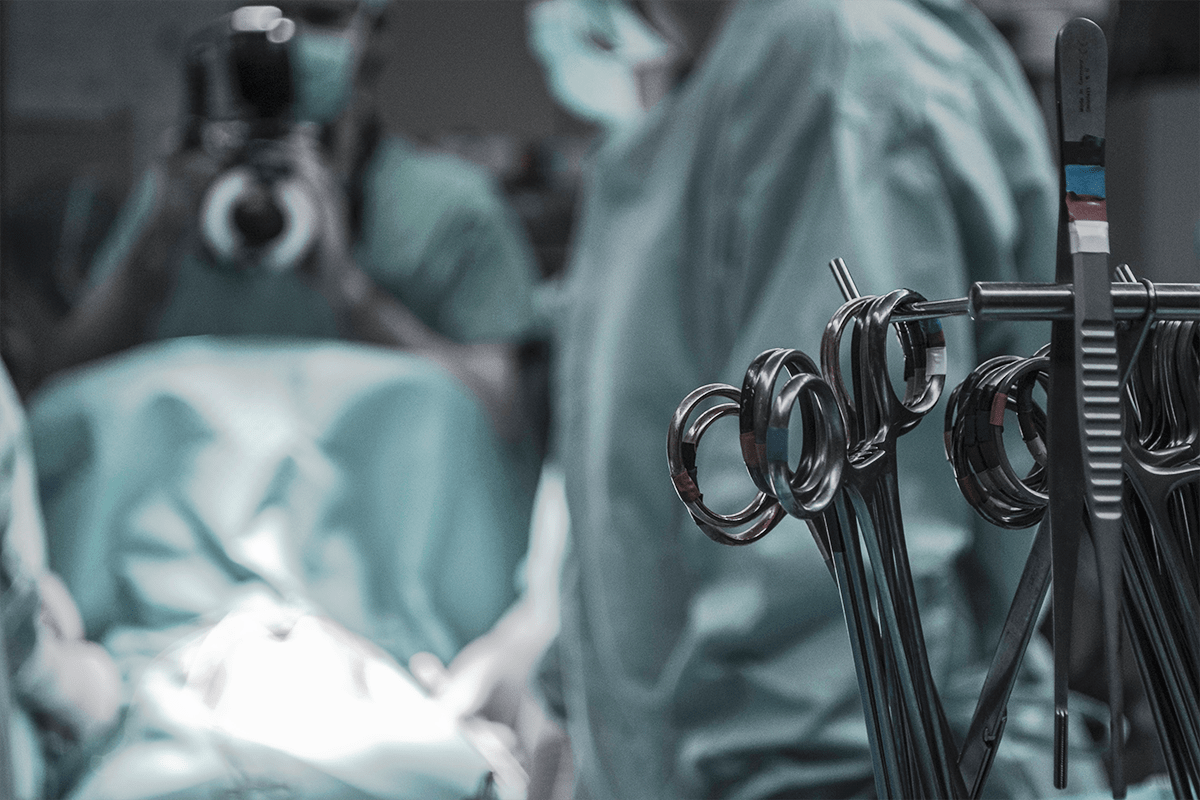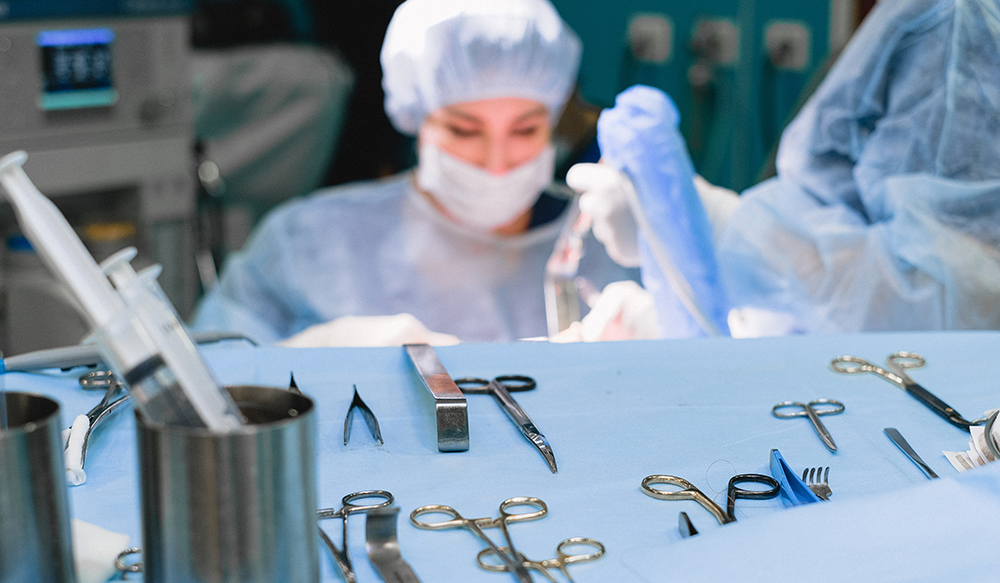
After undergoing gastric sleeve surgery, it's important to the gastric sleeve diet plan to support the healing process, ensure proper nutrition, and achieve long-term weight loss success. This article provides guidance on what to eat and when to eat after gastric sleeve surgery.
The Phases of the Gastric Sleeve Diet
Immediately after surgery, the gastric sleeve diet will consist of clear liquids such as water, broth, and sugar-free beverages. This helps the stomach adjust to its reduced size and promotes hydration. Gradually, the diet progresses to include full liquids, such as protein shakes and smooth soups, which provide essential nutrients while being easy to digest.
As the healing process continues, the next phase introduces pureed foods. This involves blending or mashing cooked foods to a smooth consistency. Protein-rich options like pureed lean meats and legumes are recommended to support muscle recovery and maintain adequate protein intake.
The next stage is the soft food phase, where soft and easily chewable foods are added to the diet. This includes cooked vegetables, canned fruits, tender meats, and cooked grains. It's important to focus on incorporating a variety of nutrient-dense foods while avoiding high-sugar and high-fat options.
Once the healthcare team approves, individuals can progress to the final phase of the gastric sleeve diet, which involves consuming regular textured foods. However, portion control remains crucial, as the stomach's capacity is still reduced. Eating slowly and mindfully, chewing thoroughly, and stopping when feeling comfortably full are key habits to develop.
Meals after Gastric Sleeve Surgery
In terms of meal timing, it is recommended to have three small meals per day, with a focus on protein-rich foods and a balance of carbohydrates and healthy fats. Snacking between meals should be avoided to prevent excessive calorie intake. Adequate hydration is also vital, with individuals advised to drink water between meals.
It's important to consult with a healthcare professional or registered dietitian who specializes in bariatric nutrition to tailor the diet plan to individual needs and ensure proper nutrient intake. Regular follow-ups and adherence to the recommended dietary guidelines are essential for achieving and maintaining weight loss goals after gastric sleeve surgery.
In conclusion, the post-gastric sleeve diet progression from clear liquids to regular textured foods is designed to support healing, optimize nutrition, and promote successful weight loss. Following the guidelines provided by healthcare professionals and focusing on nutrient-dense options can help individuals achieve the desired outcomes and improve their overall health.










